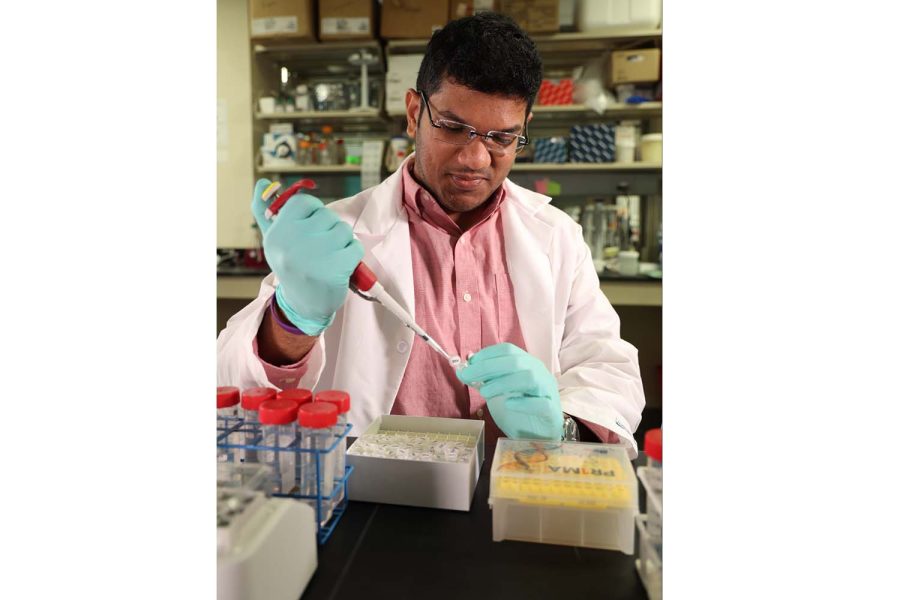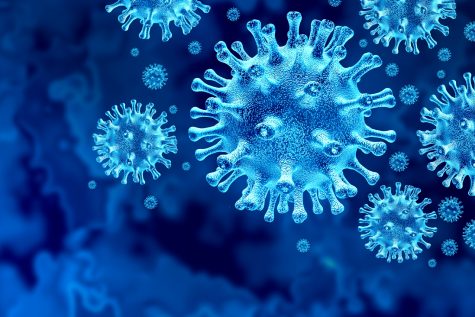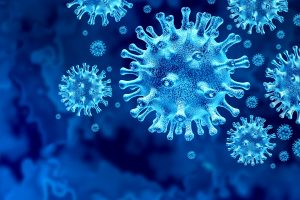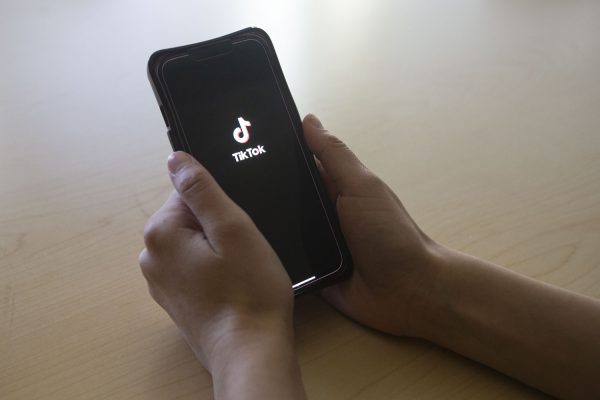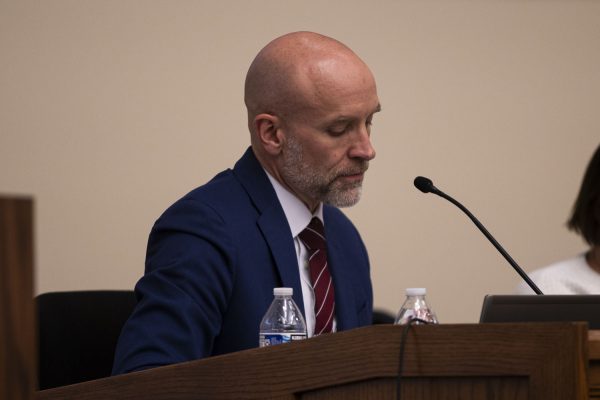UI researchers investigate signs of COVID-19 in mouth
University of Iowa researchers discovered bacterial biomarkers that can indicate a COVID-19 infection in the mouth for patients with and without symptoms.
March 20, 2022
University of Iowa researchers are looking for signs of COVID-19 in the mouth.
A group of researchers in the University of Iowa Carver College of Medicine conducted a study to identify biomarkers that indicate whether a patient is has COVID-19.
Sukirth Ganesan, an assistant professor in the Department of Periodontics, said previous COVID-19 research concerned its effects on the gut and the skin microbiomes, but not so much on the mouth or oral microbiome, which differs drastically.
“The studies have shown that we cannot extrapolate what we find in the gut environment to the body in the oral cavity, the mouth, because the mouth is very different,” he said.
The Carver College of Medicine funded the study by awarding Ganesan and his team a Carver Trust COVID-19 Pilot Collaborative Award of $74,900 in June 2021.
What they discovered was that the oral microbiome looks distinct when infected with COVID-19 compared to other viruses, he said, but also that asymptomatic COVID-19 patients have different oral microbiomes than symptomatic patients.
“I’m not saying we are there yet, because this was a small group,” he said, referring to his 80 patients who were split into four groups of 20. “But this is very promising, to show that there are very clear concise results that we’ll be able to transform into a bigger study.”
Ganesan said the biomarkers, like inflammation or the types and amounts of bacteria in the mouth, were thus far “distinct and unique” based on his patients’ COVID-19 status and symptoms.
“Even the inflammatory markers in the oral cavity are very specific when someone tests positive and has COVID-19 and someone tests positive and has the flu,” he said.
He said they will conduct a larger study to see how well these biomarkers are able to predict the presence or absence of COVID-19 and its symptoms.
“Six of the markers were identified only in the symptomatic COVID groups, and we did not see them in the asymptomatic positives at all, and we are finding this all in saliva,” he said.
Ashutosh Mangalam, associate professor in the UI Department of Pathology, said COVID-19 reduces the level of streptococcus, a health-associated bacteria in the mouth, and results in an increase in disease-associated bacteria, which are called pathobionts.
The imbalance of these species of bacteria is called dysbiosis, he said.
“Maybe we can identify and mitigate these oral dysbiosis early, then most probably we can reduce the long-term effect of COVID,” he said.
Mangalam added that the oral cavity is connected to the gut, so COVID-19 left unidentified and untreated, can cause issues like constipation as oral bacteria travels to the gut microbiome.
“I think we always want to treat patients because that’s what we ultimately want to understand,” he said.



